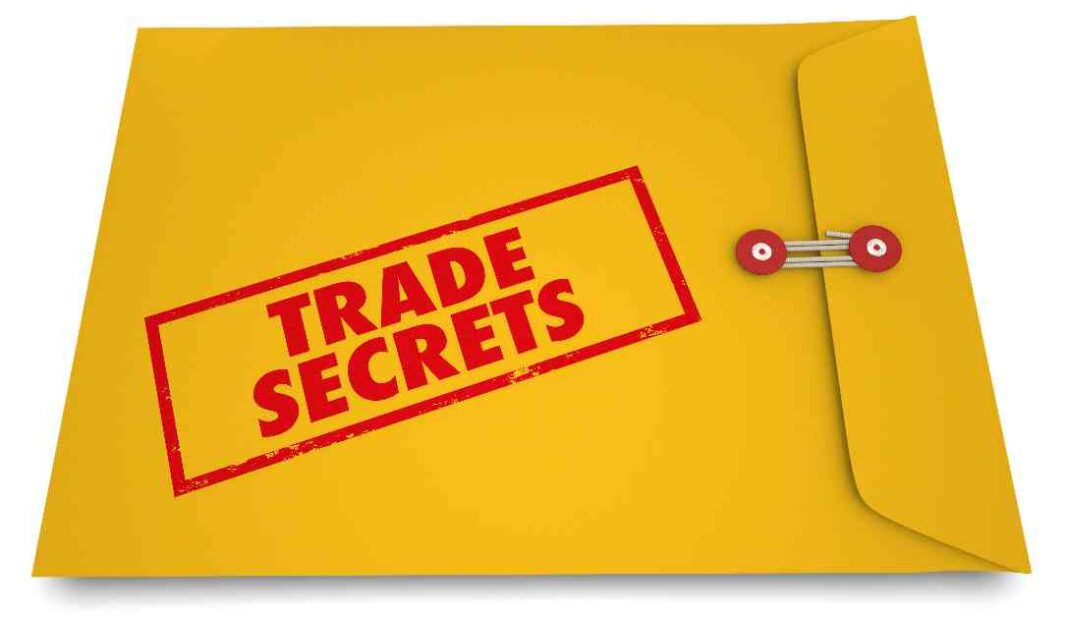The U.S. Court of Appeals for the Federal Circuit (CAFC) recently made a decision regarding a trade secret misappropriation case involving Alifax and Alcor Scientific. Alifax accused Alcor of misappropriating their trade secrets under the Rhode Island Uniform Trade Secrets Act (RIUTSA). The trade secrets in question were a conversion algorithm trade secret and an alleged signal acquisition trade secret.
During the trial, the court removed the alleged signal acquisition trade secret from the case, stating that there was not enough evidence to support its existence. The jury found in favor of Alifax for the conversion algorithm trade secret and awarded them $6.5 million in damages. However, Alcor raised issues with the court’s decisions, leading to a new trial being granted on both liability and damages phases.
The CAFC weighed in on the case and upheld the decision to exclude the alleged signal acquisition trade secret from the jury. They stated that Alifax did not provide enough detail to establish the trade secret under RIUTSA. However, they disagreed with the district court’s decision to grant a new trial on the conversion algorithm trade secret, stating that the trade secret did not need to produce economic value to be considered a trade secret.
Additionally, the CAFC affirmed the district court’s rulings on the damages phase and the exclusion of the alleged signal acquisition trade secret at the new trial. They agreed that Alifax’s expert witness went beyond their scope and testified in a prejudicial manner. The CAFC also held that the district court was wrong in precluding Alifax from seeking compensatory damages, as they had a plan to present a different witness for this purpose.
In conclusion, the CAFC reversed the district court’s decision to grant a new trial on the conversion algorithm trade secret, ordered a new trial on damages, and affirmed the district court’s decisions on all other aspects of the case. This ruling provides clarity on what constitutes a trade secret and how damages should be handled in cases of misappropriation.















